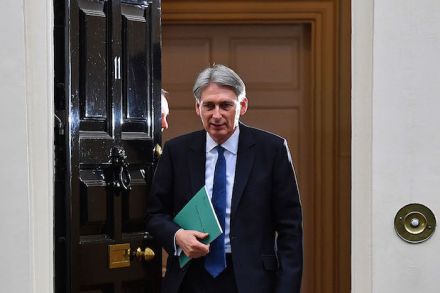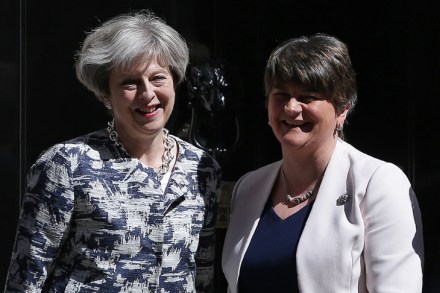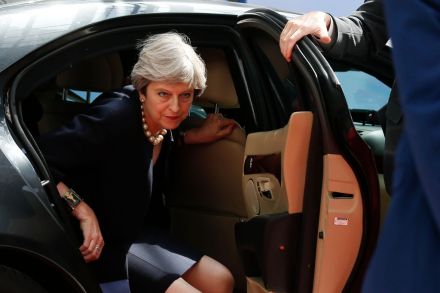Why Philip Hammond will spend the Autumn down the back of the sofa
The government is considering lifting the 1pc public sector pay cap in the autumn Budget. In the post PMQs briefing, a No 10 spokesman said they had ‘heard the message’ from the ‘weary’ electorate and would look at recommendations from review bodies on the issue. However, just hours later at the afternoon lobby briefing, hacks were given mixed messages. The Prime Minister’s spokesman said ‘the policy has not changed’. Now there are a few things to note here. Firstly, the fact they are even looking at the pay cap is a win for Labour. Not only have they tabled amendments to the Queens’ Speech calling for the cap to be dropped, it



















